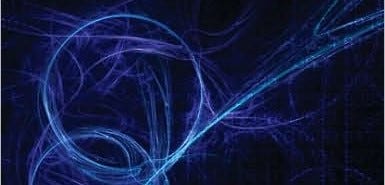A Scientist and a Christian on the Possibility of Miracles
Reflecting on the Fourth Sunday in Lent, Three Days after Sunday (Year C)
Scripture
Psalter: Psalm 53
Old Testament: 2 Kings 4:1-7
Gospel: Luke 9:10-17
___
Prayer
Eternal lover of our wayward race, we praise you for your ever-open door. You open your arms to accept us even before we turn to meet your welcome; you invite us to forgiveness even before our hearts are softened to repentance. Hold before us the image of our humanity mad…
Keep reading with a 7-day free trial
Subscribe to Faith Seeking Understanding to keep reading this post and get 7 days of free access to the full post archives.




